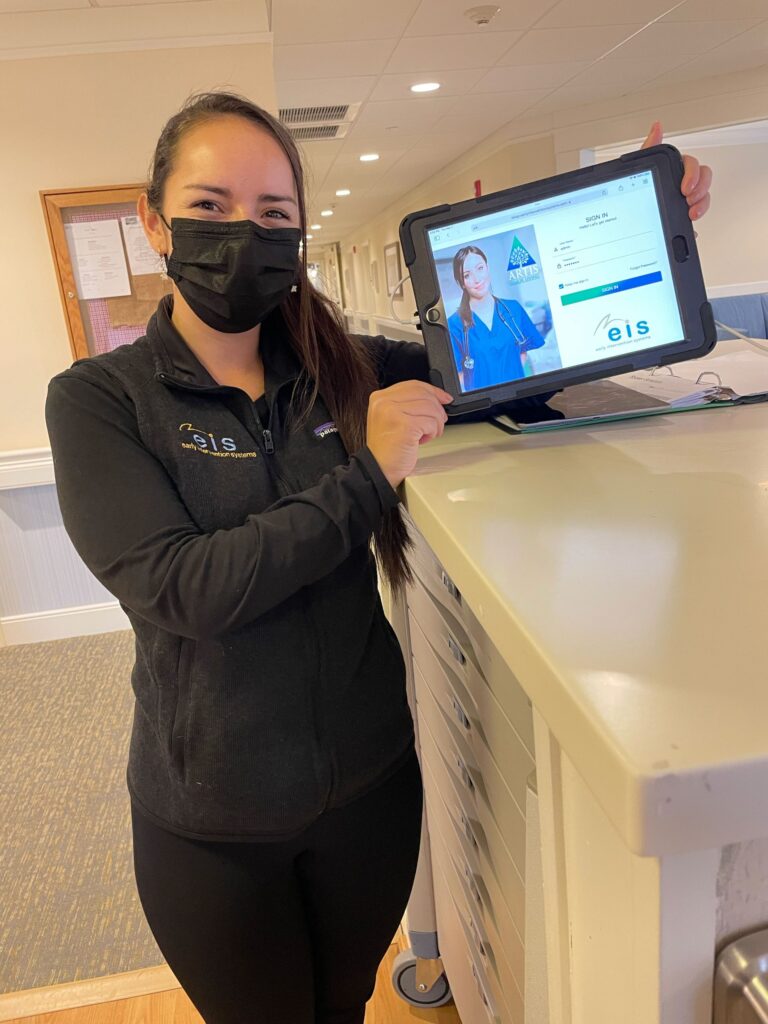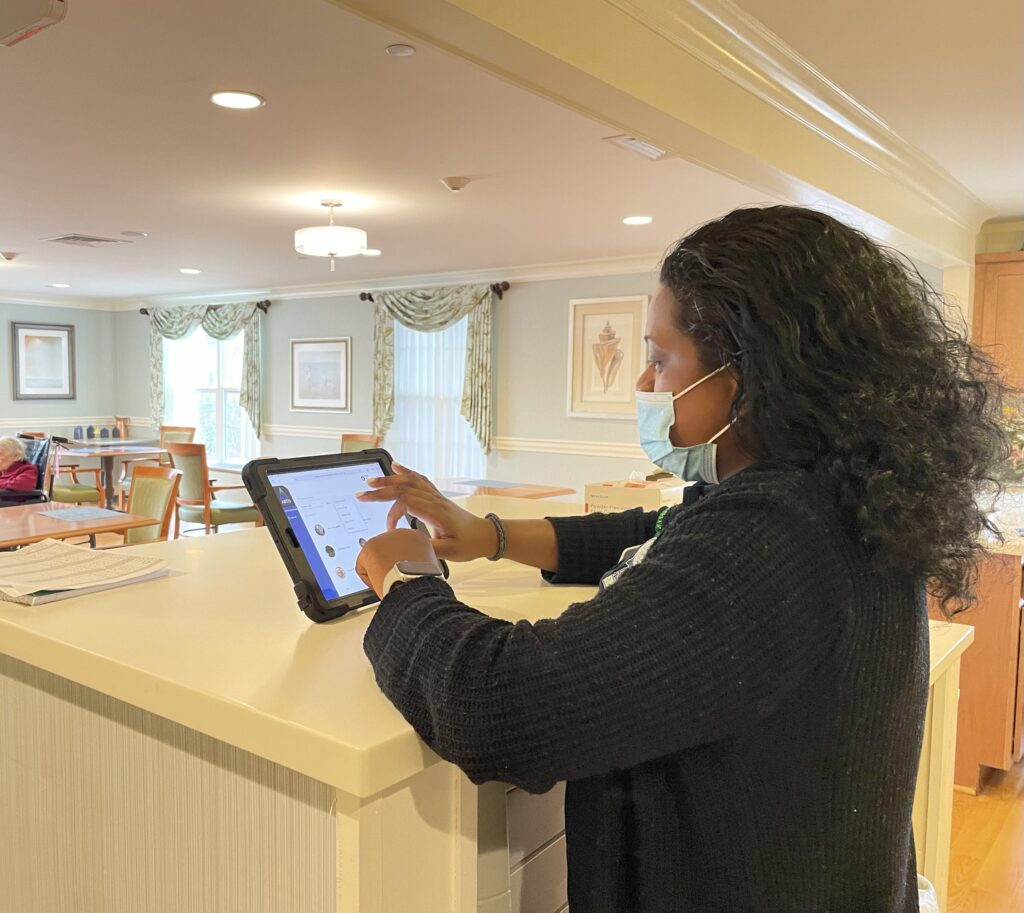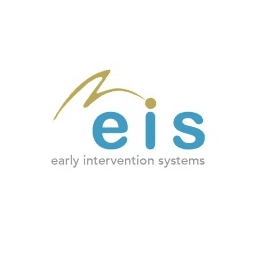EIS (Early Intervention Systems) was founded by two graduates of George Washington University, Nathalya Ramirez as CEO, Krishan Shah as CFO, and current GWU Medical Student Rohan Patil as CTO.
The team was motivated to create a digital well-being software platform that could tangibly improve the tracking of Activities of Daily Living (ADLs) for early onset and Alzheimer’s residents, allowing caregivers to better assist residents before agitation escalates into angry outbursts and possible negative health outcomes.
The team’s personal experiences and observations of caregivers and residents in the memory care environment were the driving force behind the creation of EIS. Rohan, having witnessed patients physically attacking healthcare staff members while working in the Emergency Department, was inspired to develop a solution that could reduce violent actions. Nathalya had to watch her grandmother suffer from cognitive decline and lack of attentive care she should have been provided, while Krishan was impacted by his friend Jeff Borghoff early stage Alzheimer’s diagnosis and struggles with agitation and significant decline in day-to-day activities.

Frank Hogan, VP of sales, also observed the challenges caregivers face in keeping up with residents’ everchanging states of mind and needs, having watched his uncle suffer from the advancement of Alzheimer’s in his last three years spent in a memory care facility. The team believes that their personal and professional experiences make them the right team to provide caregivers with the tools to accurately track the well-being of elders to ensure aging with dignity and grace.

In addition to the support from mentors, advisors, and family members, EIS has received funding and in-kind prizes from pitch and grant-winning organizations, including UBS, AWS, MIT, Techstars Chicago Accelerator Program, and Draper. The company has also actively engaged with The George Washington University through funding, mentorship, and meaningful partnerships.

EIS offers an innovative digital log that tracks ADLs, behaviors, and other relevant information about the elderly in memory-care settings. The system enables caregivers and administrators to identify changes in the day to-day life of their residents, update care plans accordingly, and offer the needed support. The platform also utilizes predictive models and a suggestion feature based on clinically proven proactive interventions that support caregivers in assessing residents’ patterns of behavior, improving their quality of life.

The team at EIS aims to become the leader in measuring well-being, predicting health outcomes, and implementing proactive interventions that increase the level of care in healthcare facilities. By offering an easy-to use digital log to track ADLs, behaviors, and other relevant information about the elderly, EIS is revolutionizing dementia care through technology. The team’s dedication to ensuring the safety and well-being of memory care residents has led to the creation of a platform that will allow caregivers to provide a more attentive level of care, assuring residents of aging with dignity.














